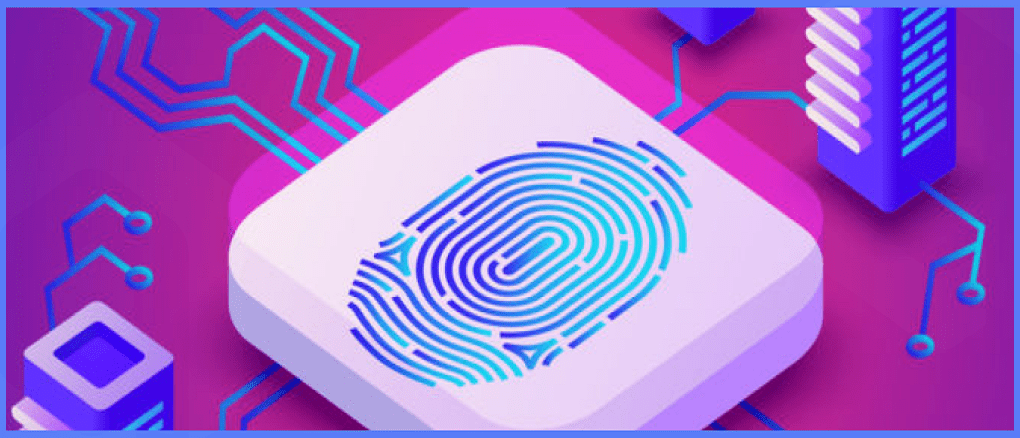




In today’s digital world, identity theft and data breaches have become all too common. Traditional identity management systems rely on centralized databases that are vulnerable to hacking, and users have little control over their personal data. This is where blockchain technology comes in. By providing a secure and decentralized way to manage digital identities, blockchain has the potential to revolutionize the way we think about identity management.
A blockchain-based digital identity system would allow individuals to control their own personal data, giving them the ability to grant or revoke access to it as needed. This would be a radical departure from the current system, where users must trust third-party organizations to manage their identity information. With blockchain, users would have complete control over their own data, ensuring that it remains secure and private.
At its core, it would be a distributed ledger that stores identity information in a secure and tamper-proof way. Each user would have a unique digital identity, which would be linked to their public key on the blockchain. This would allow them to prove their identity in a decentralized and trustless way, without relying on a third-party organization.
One of the key benefits of a blockchain-based digital identity system is that it would be interoperable. This means that users could use their digital identity to access a wide range of services and applications, regardless of which blockchain they are using. This would make it much easier for individuals to manage their digital identity, as they would not need to create separate identities for each service they use.
Another benefit of a blockchain-based digital identity system is that it would be more secure than traditional identity management systems. Because the blockchain is decentralized and tamper-proof, it would be much more difficult for hackers to steal or manipulate identity information. This would make it much harder for identity thieves to steal sensitive information, such as social security numbers or credit card details.
Of course, there are some challenges that must be overcome before a blockchain-based digital identity system can become a reality. One of the biggest challenges is ensuring that the system is user-friendly and accessible to everyone, regardless of their technical expertise. This will require the development of intuitive user interfaces and clear documentation, as well as education programs to help users understand how the system works.
Another challenge is ensuring that the system is scalable and can handle a large number of users. This will require the development of efficient consensus mechanisms and the use of off-chain storage solutions to reduce the amount of data that needs to be stored on the blockchain.
Despite these challenges, the potential benefits of a blockchain-based digital identity system are clear. By providing a secure and decentralized way to manage digital identities, blockchain has the potential to revolutionize the way we think about identity management. With the right development and implementation, a blockchain-based digital identity system could provide a more secure, efficient, and user-friendly way to manage digital identities for years to come.